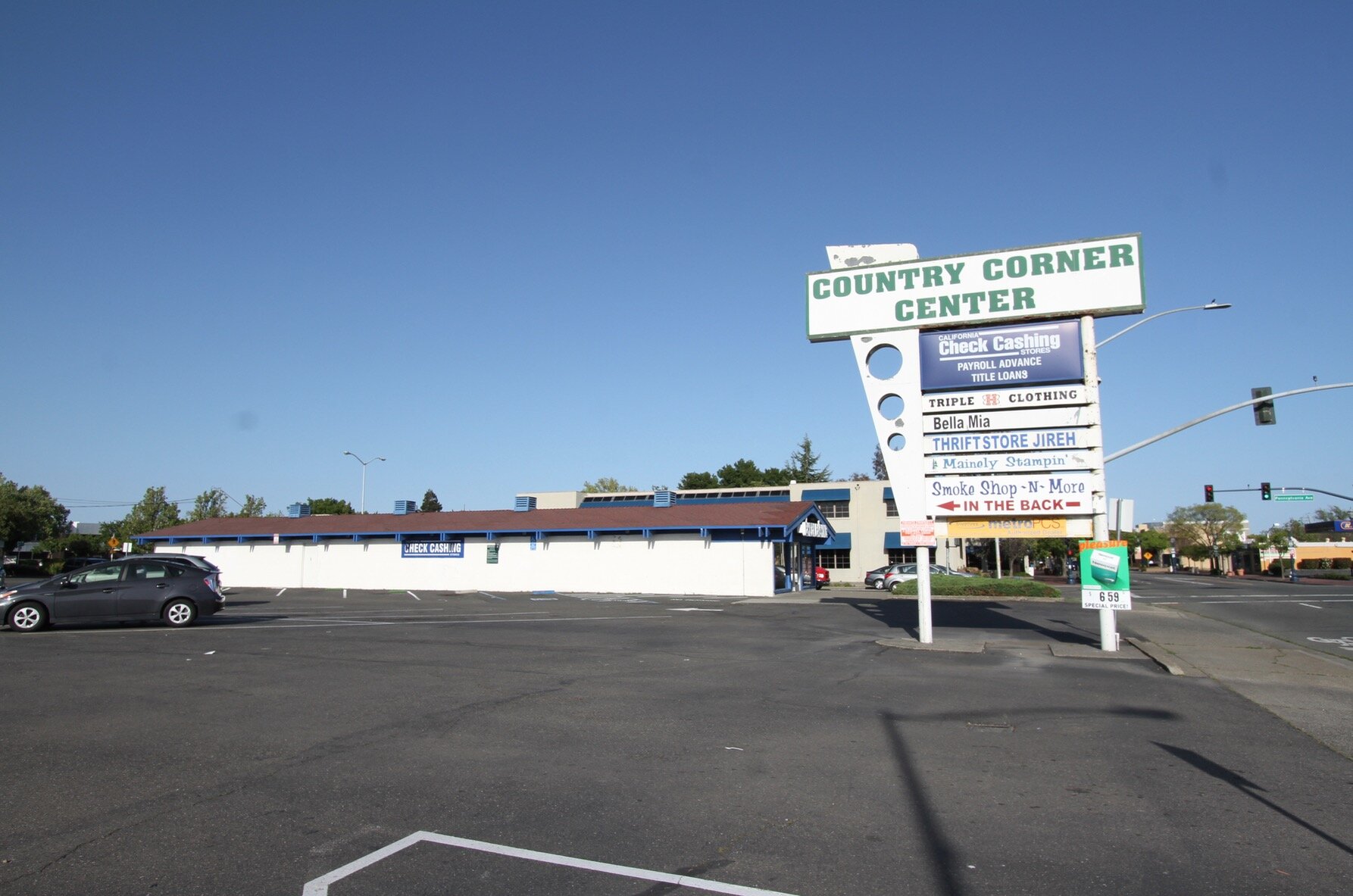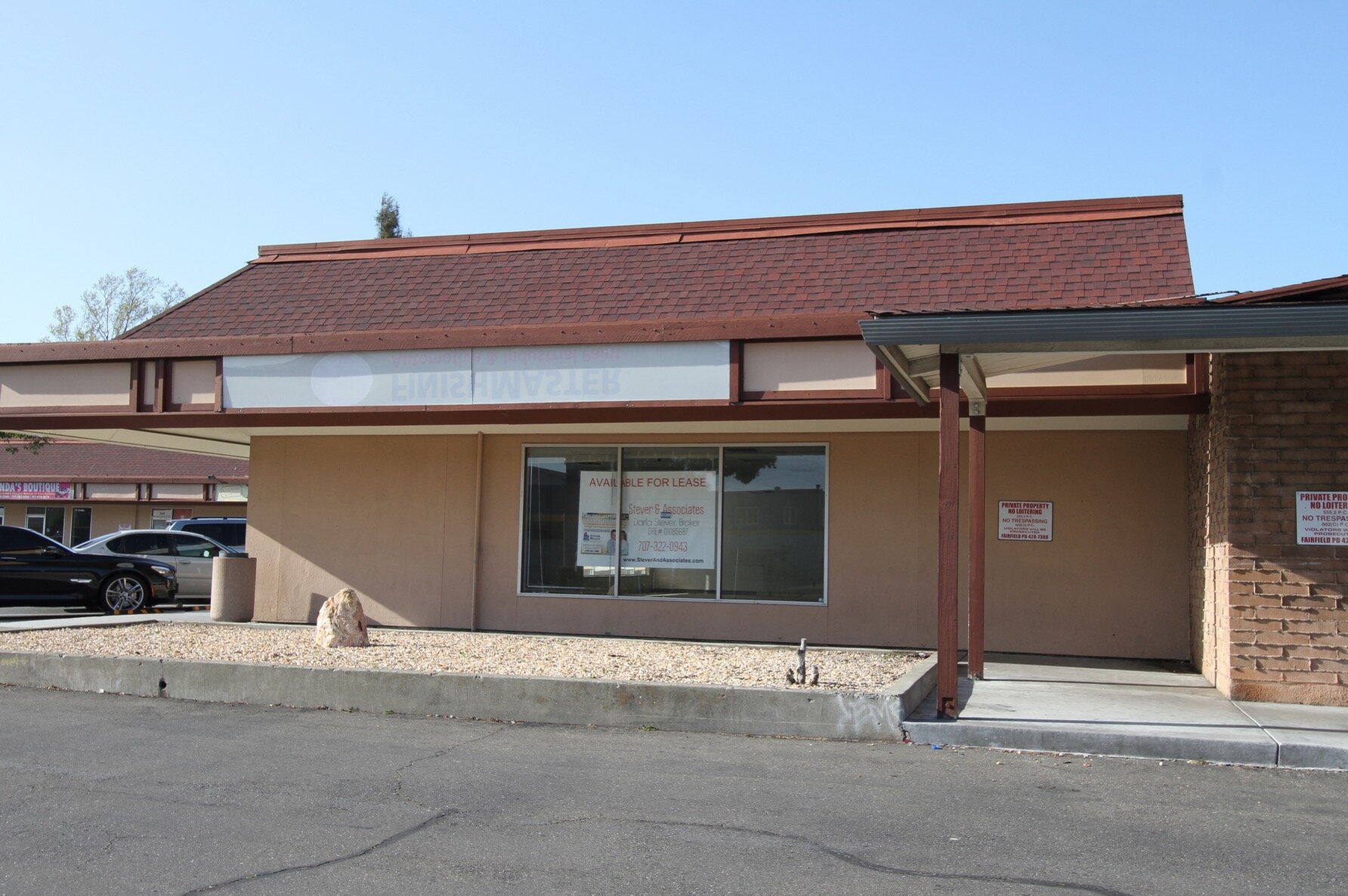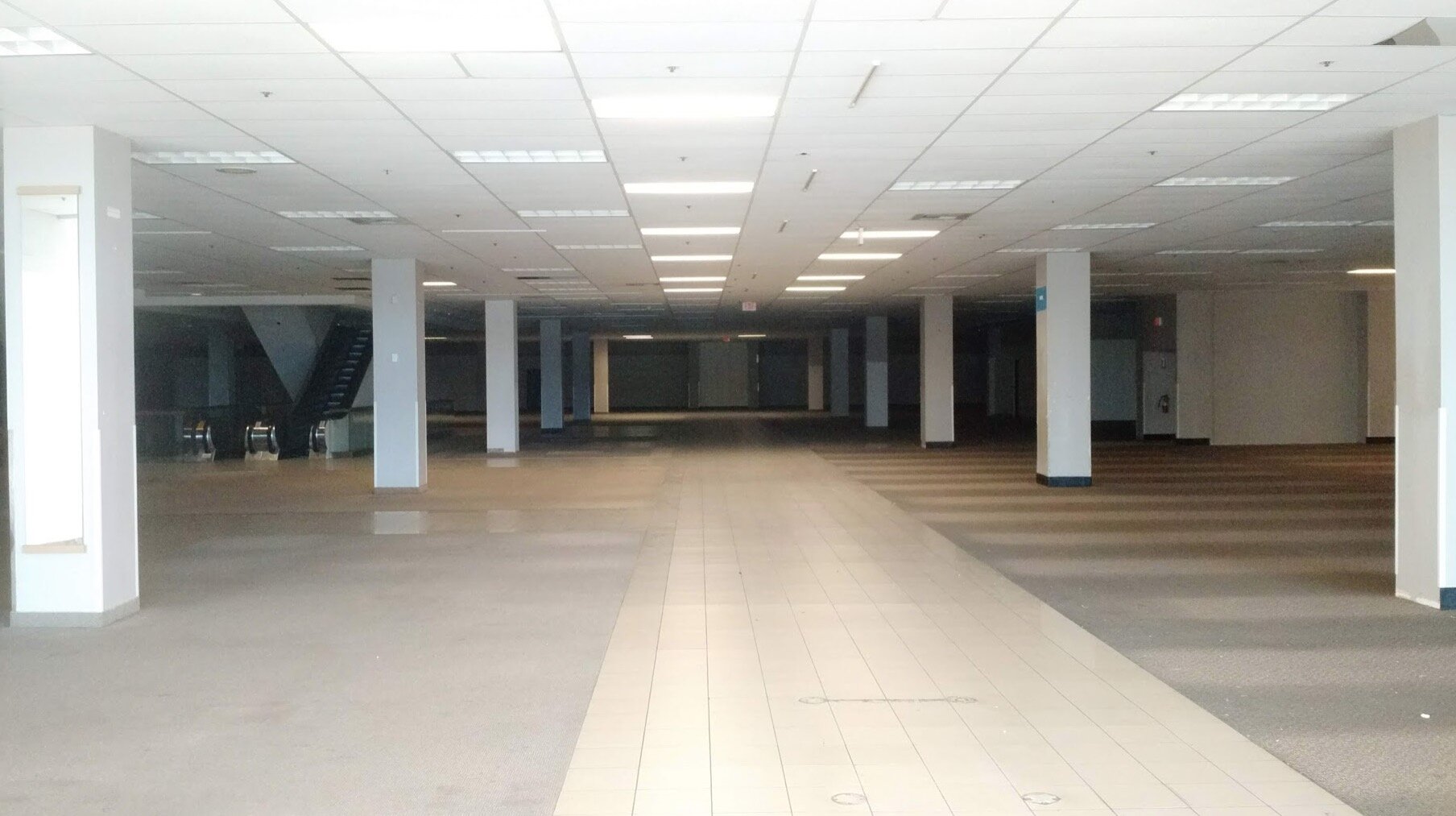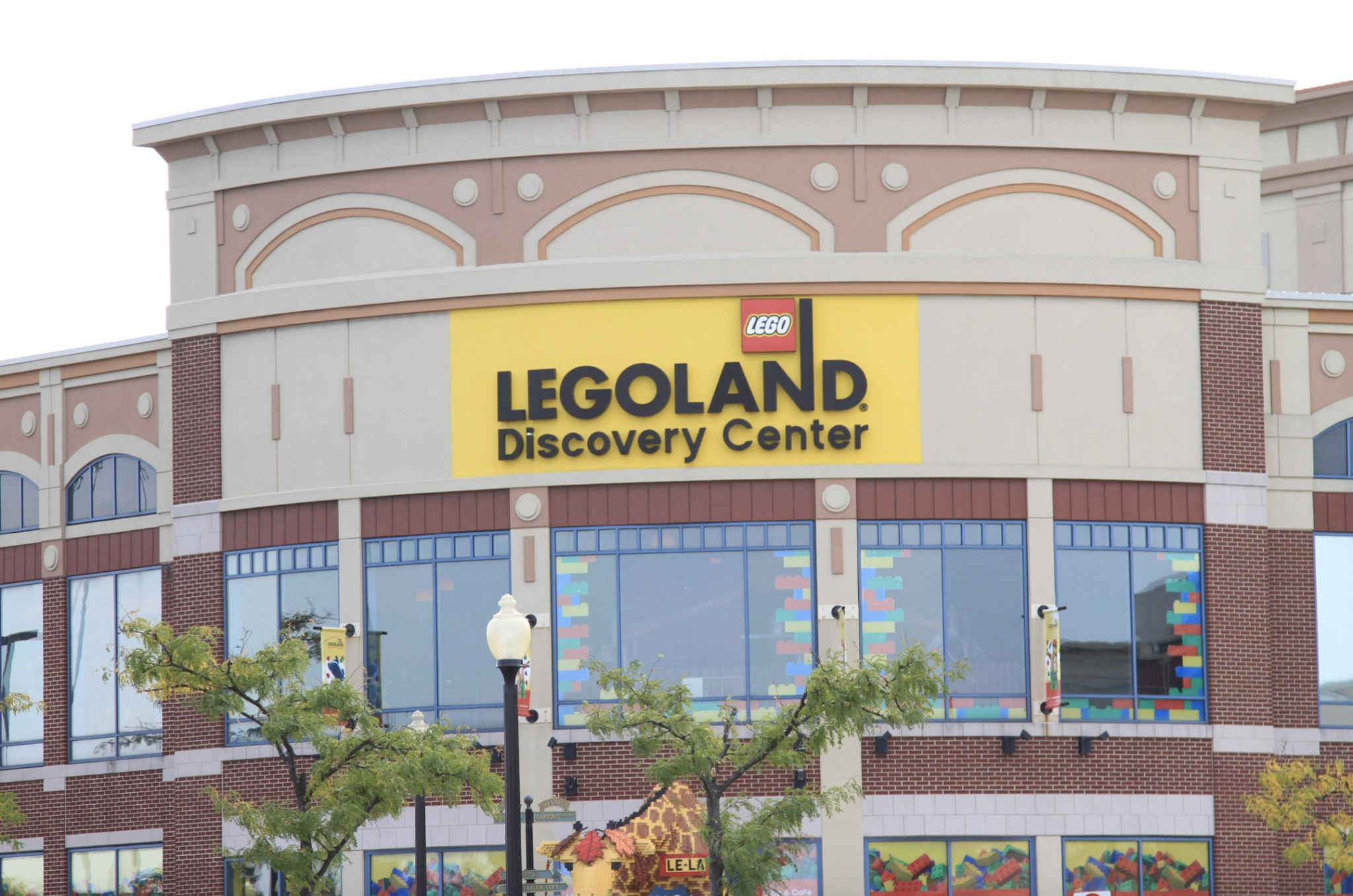What If You're Right?
Strong Towns member Johnny Sanphillippo blogs at Granola Shotgun. This post is republished from his blog with permission. You can view the original, with additional photos, here.
For many observers COVID-19 has vindicated the view that cities are unhealthy, doomed places. Dense urban centers, they insist, will be abandoned for sensible suburban and rural alternatives. Downtown office towers have already depopulated as companies switch—permanently—to telecommuting. Restaurants, bars, hotels, and public accommodations of all kinds will continue to founder as business and tourist travel never returns to previous levels. Tax revenue will plummet. Already functionally insolvent city governments will go bankrupt. Et cetera.
I’m asking a different question. Let’s say all the low density boosters are correct and big cities empty out from fear of COVID-19. What does that mean for suburbia and the countryside? The idea that the wholesale death of big cities will be someone else’s problem while the periphery is unaffected is naïve. Let’s think critically about the suggested implications. Do you, suburban or country dweller, want a wave of rich city people moving in to your town distorting the local economy in ways you can’t compete with? Do you want a flood of lower income “urban” folks populating your cul-de-sac and “changing the character of your community?”
Suburban retail was already in steep decline even before COVID-19 kicked in. A slew of century old department stores like JCPenney and Sears were already toast. Shopping malls and strip commercial properties were massively overbuilt. The migration to online shopping has accelerated with the pandemic. Will Dick’s Sporting Goods and Maggiano’s restaurant out along the interstate be less afflicted than their urban cousins? Will families continue to pony up $26 per person to let the kids rub all over the collective cooties at Legoland in the suburbs compared to some equivalent in the city?
Are we supposed to believe the fate of suburban office parks will be substantially different from downtown towers just because people drive to them rather than take a train or bus? For some people and some companies… maybe. But in the aggregate we’re likely to see a shift in how business is conducted as much as where it occurs. There’s a big squeeze underway and tech is all about arm wrestling efficiency from everything it touches.
Here’s one small anecdote. A friend here in San Francisco began working from home two months ago at the beginning of the health directive. Her husband lost his job. She earns the lion’s share of the money in their household so that wasn’t a big deal. He never liked living in the city anyway. So two weeks ago they moved to Oklahoma to be closer to his people. Her husband started working for his brother-in-law’s roofing company. She took her San Francisco work-from-home salary with her and began shopping for a home. Her budget allowed for one of the most expensive homes in their new town.
Yesterday her company informed her that her salary would be adjusted down to the Oklahoma level since there was no need to compensate her at the old San Francisco premium. She ran the new numbers. Turns out, they didn’t step up by moving to a less expensive market. They actually fell off a cliff. Surprise!
Money—the real money of substantial capital and liquid assets, not just tenuous salaries—will cherry-pick a relatively small number of premium relocation spots. These will be places of exceptional natural beauty, safety, convenience, and above all venues where other equally well-heeled folks like to congregate. The generic low grade suburban landscape will be passed over on the drive to better destinations.
And what of the great unwashed newly unemployed masses with old jobs that may never return? Will they remain in the city scraping by on government subsidies forever? Those federal checks go a lot farther in the suburbs. They go farther still in the countryside. The most mobile population with the strongest incentive to move might just be the newly minted class of redundant workers with a fat federal bump each month. Try taking that cash away and you might just have several million formerly middle class people with a whole lot of time on their hands come election day. Just sayin’.
For the record, I live in San Francisco. So far there have been 40 COVID-19 deaths in a city of 833,000 people. I’m not leaving because of a relatively short lived quarantine. And if I do I won’t be moving to a tract home and strip mall environment. I’ll choose a charming Main Street town in the country instead. Would I be welcomed there or would the neighbors be disgruntled?
And here’s something else to consider. There are many people who long for the city that existed before the tsunami of stock options, leveraged buybacks, foreign real estate investors, and Internet wealth transformed it. What if the city did depopulate and decline to a poorer more run down condition? For some folks it would present a fantastic opportunity to thrive in a far more forgiving and affordable milieu. That’s not the worst thing in the world—at least for the people who love cities warts and all. The people who demand a pristine suburban environment never mattered to the city anyway.










Benjamin Herold, author of Disillusioned: Five Families and the Unraveling of America’s Suburbs, joins host Chuck Marohn on this week’s episode of the Strong Towns Podcast.